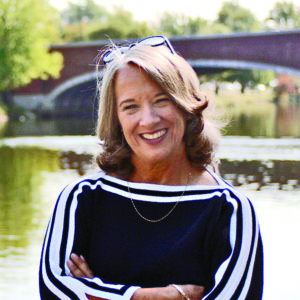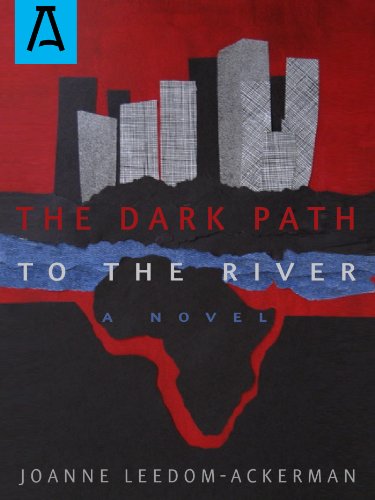Bio
 When I left Dallas, Texas for college at 17, I knew I wanted to be a writer, in fact was always writing. Among the images I carried with me was one of airplanes taking off from Love Field, back when Love Field was the main airport. My mother used to take my sister and me to the observation deck where we’d stand in the dark, watching the lights out on the runway as the planes lifted; we followed the lights blinking in the sky until we couldn’t see them any more.
When I left Dallas, Texas for college at 17, I knew I wanted to be a writer, in fact was always writing. Among the images I carried with me was one of airplanes taking off from Love Field, back when Love Field was the main airport. My mother used to take my sister and me to the observation deck where we’d stand in the dark, watching the lights out on the runway as the planes lifted; we followed the lights blinking in the sky until we couldn’t see them any more.
My mother would ask, “Where do you think that one is going?” With each plane I felt a part of me following….where, I didn’t know, but somewhere I hadn’t been. We would imagine all the different destinations, half of which included a stop in New York City.
For me the destinations were both of body and of mind. I not only wanted to see different places, I wanted to think in different ways, though I couldn’t have said how. At 17 I wanted to have different thoughts before I even understood very well the thoughts I had.
Though my mother never left Dallas, she raised me to go whenever and wherever I could. I went to college in the Midwest (Principia College), graduate school in the East (Johns Hopkins University), started my professional career as a journalist in Boston (The Christian Science Monitor), got married, went back to graduate school (Brown University,) moved to New York City where I started writing fiction, taught at universities (New York University and City University of New York), had my first child, moved to Los Angeles, where I continued writing fiction, continued teaching (Occidental College and UCLA Extension), had my second child. I began working on behalf of writers in other countries imprisoned because their writing pushed at the borders of their societies. I moved to London, England, still writing, raising children and working on behalf of writers through PEN International, the worldwide writers organization headquartered in London. I served as Chair of PEN International’s Writers in Prison Committee for four years and traveled to advocate for writers imprisoned for their work. I met in London and abroad with government representatives, ambassadors, foreign ministers and with United Nations officials in New York and Geneva on behalf of PEN. For three years I served as International Secretary of PEN International, a position which took me to every continent on behalf of writers in the over 100 countries PEN serves in its mission to advance literature and human rights. I now live in Washington, DC, where I’m still writing and continue to work with PEN, including PEN America on whose board I’ve served, and with other organizations that focus on literature, human rights and education. (See: Just the Facts.)
Over the years my writing has included journalism, essays, short stories, novels and speeches. My first love is fiction. My first paid job as a writer was in Dallas, where, in the summers during college, I worked for a large regional newspaper and wrote about weddings, business openings, and civil rights; the latter stories I asked to cover. As a reporter years later at The Christian Science Monitor, I learned the standards of good journalism and the discipline of daily journalism. I got paid to write, wrote every day, published every other day, interviewed and listened to people from all walks of life from Senators to businessmen to students to the homeless, won some awards and gained confidence and publication credits that would have to last me for years as I turned to writing fiction.
I decided to leave full time journalism and focus on fiction because the stories I wanted to tell couldn’t be contained in newspapers or even magazines. I had to learn what I thought I already knew, the difference between journalism and fiction. I had to learn to view and write about life from the inside out.
I still find the hum and drum of the world in motion draws me and is important to my fiction. I work with and sit on the boards of organizations that meet the world head on at some of its hardest edges. My particular point of view is that of the citizen. In fiction I’m interested in seeing the ordinary life in extraordinary events. We often hear of the writer who renders ordinary life, extraordinary—an equally worthy goal, and one I find more engaging in short fiction. But in the novel, where the narrator and the writer must go the distance of 300-400 pages, I’m interested in finding the human face and heart in often rather extraordinary happenings. I like to walk along the edge of the world discovering the bonds that keep us from falling off.
When I fly into Dallas now, I land at an airport bigger than the whole island of Manhattan. There is no one observation deck, and I don’t know if mothers can still take their daughters to watch the planes take off, but I hope so.
